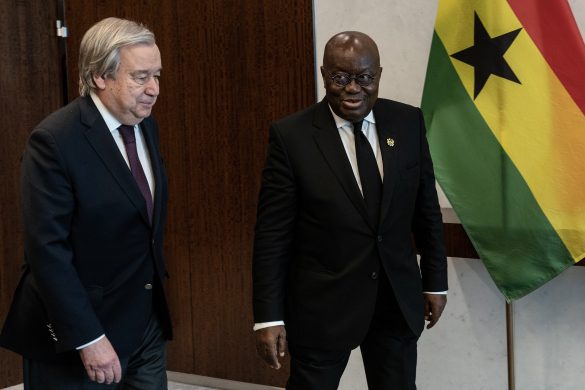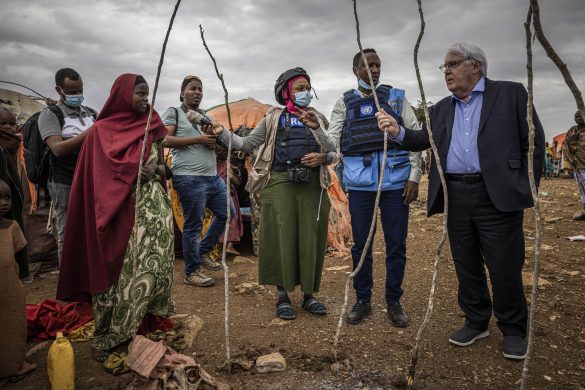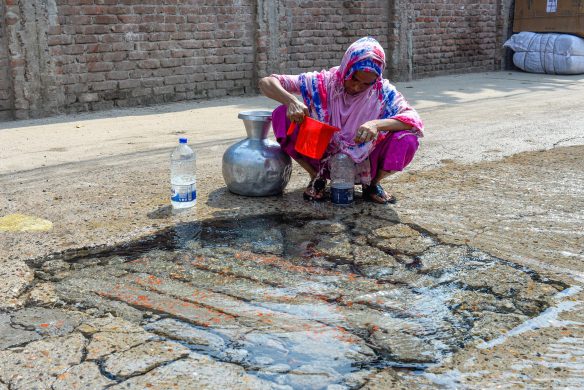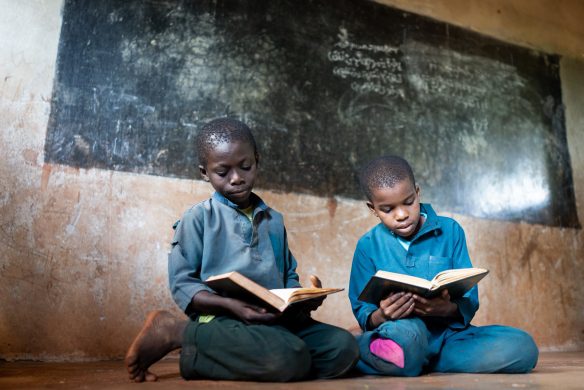SAO PAULO, Dec. 20: World Bank President Paul Wolfowitz wrapped up a six-day visit to Brazil Tuesday with a call for stronger global action on protecting the environment and developing energy alternatives for economic growth and fighting poverty.
– Brazil is working toward a potential double dividend…to meet the energy needs that are essential for economic growth and fighting poverty while leaving a smaller environmental footprint, he said at a Special Session of the Sao Paulo Forum on Climate Change.
– But there is an urgent need to do more, both on the global and local levels, to preserve a healthy Brazil for future generations of Brazilians. For many reasons, this is important not just to Brazilians but to all of us, added he.
Mr. Wolfowitz spent the last six days visiting parts of Brazil, including the Amazon Rain Forest and the semi-arid areas of the Northeast. During the forum, Mr. Wolfowitz emphasized how global warming may be an important factor in events such as the recent severe drought in the Amazon and how these have devastating effects on those who are most vulnerable – the poor.
– This past year alone, we have seen a major drought in the Amazon destroy fish and crops-the lifeline for indigenous communities. When poorly managed development damages the environment, it is often the poor who suffer the most. They are often poor because they already live in fragile environments which make them particularly vulnerable, he noted.
In his speech, Mr. Wolfowitz stressed that it is possible for developing countries to use more energy, but with a greatly reduced environmental footprint. Noting that as developing countries grow, their demand for energy will also grow dramatically, countries like China, India, Mexico and Brazil are leaving behind a trail of environmental footprints on their path.
Brazil as a global leader on clean energy has much to share with the world in this area.
– Brazil has long understood the importance of maintaining a balance between development and conservation-and chose the route of innovation to tackle this challenge. Brazil is developing innovative ways to turn this double challenge into a double dividend, he said.
Today, 42 percent of Brazils energy use comes from renewable sources, compared with 6 percent for OECD countries. Around 90 percent of Brazils electricity comes from hydropower.
Brazil is also the worlds largest producer and consumer of fuel ethanol from sugarcane as a transportation fuel, an achievement possible because it is the worlds most efficient producer of sugarcane, which accounts for about 60 percent of the cost of ethanol production.
The ethanol program in Brazil is saving around 180.000 barrels per day of gasoline, valued at about 4 billion US dollar per year. This means that about 24 million tons less CO2 are added to the atmosphere each year.
Despite these achievements, and the huge potential to expand Brazils renewable energy options, Mr. Wolfowitz said more needs to be done to ensure that environmental legislation is not blocking much-needed investments.
According to Mr. Wolfowitz, there is a need for broad, consistent environmental policies that balance the importance of encouraging development and protecting natural resources-to reap the double dividends that may be possible.
He also noted that the World Bank could help in three ways: by stimulating knowledge sharing and policy advice at the local and global levels; by supporting partnerships on global public goods; and by providing financial resources for development.
In closing, he said that for the World Bank, Brazil is more than a borrower: it is becoming a major global player as a donor, exporter of knowledge, and leader on the environment.
– The World Bank will continue to work with Brazil to raise global consciousness about our shared responsibility towards our environment. We owe it to the children and grandchildren of Brazil…and of the world…to demonstrate that the coming decades can be different. That we can reap the double dividend of robust growth on a healthy planet, he said.
For more information on the World Bank in Brazil, visit www.worldbank.org/br















